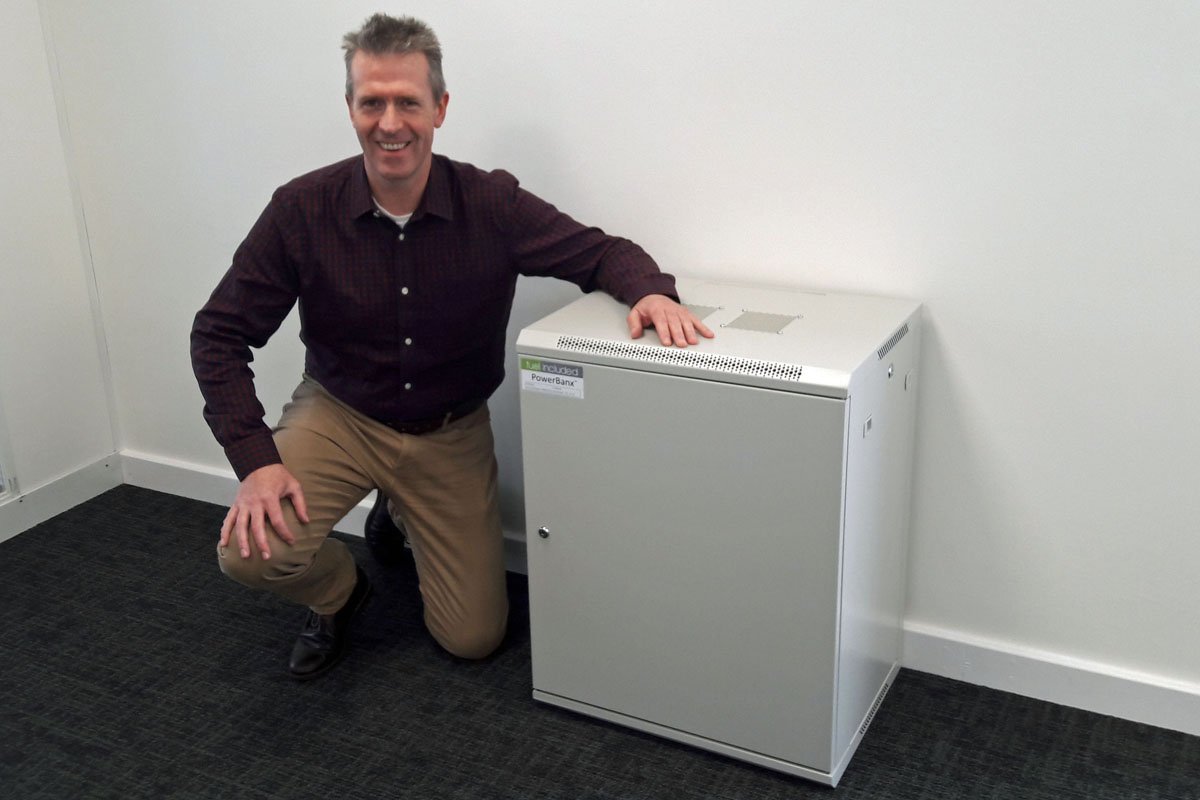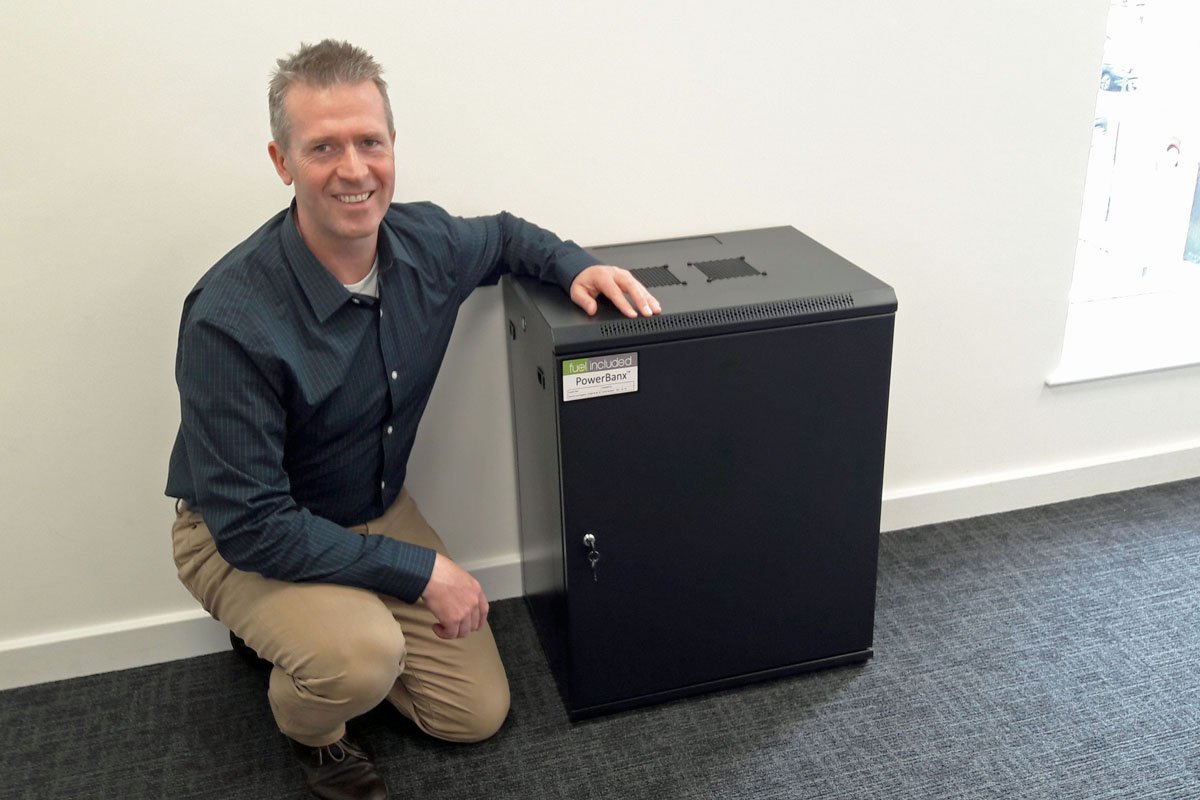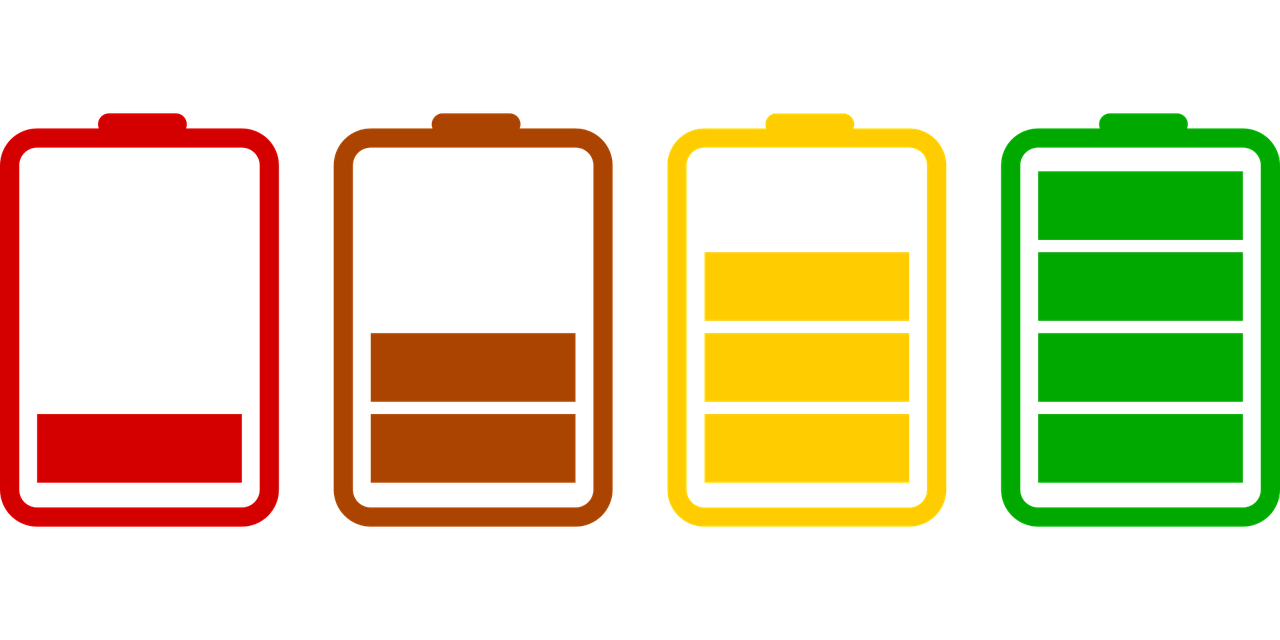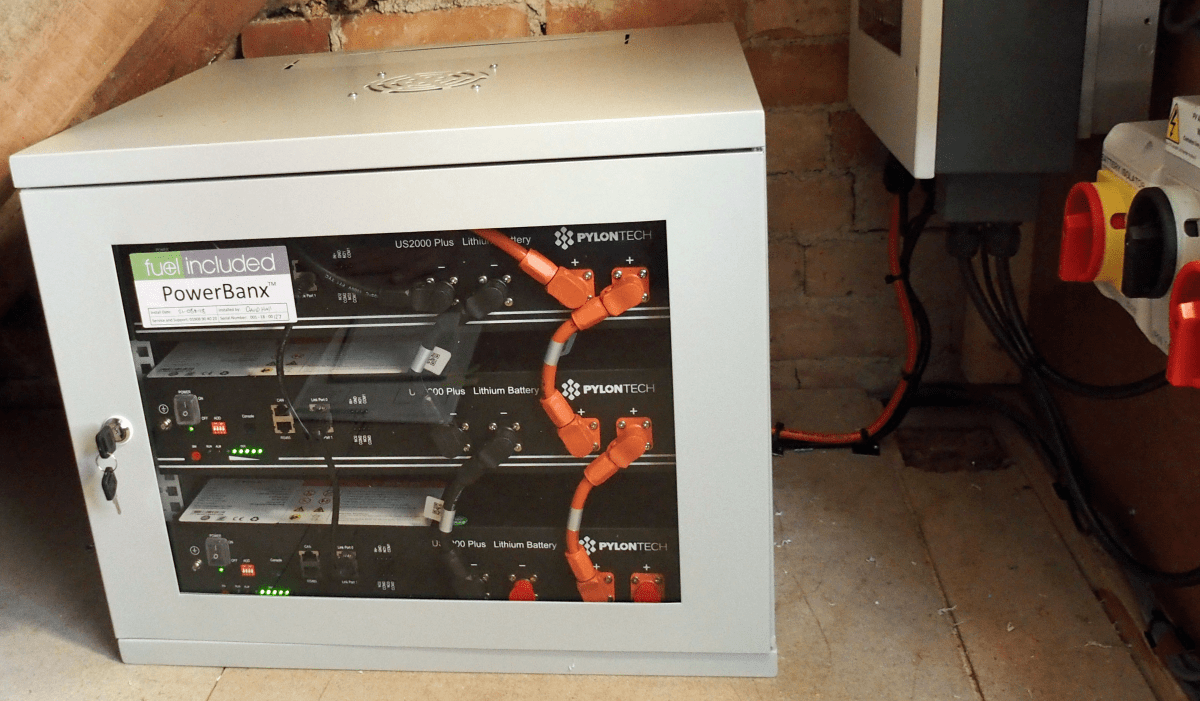Residential Energy Storage Surging, No Longer Just a ‘Cool Toy’
Demand for residential energy-storage is surging in the U.S., with more capacity installed in the second quarter than in all of 2017.Consumers installed home batteries with 57.5 megawatt-hours of storage capacity last quarter, according to a report Wednesday from the Energy Storage Association and Wood Mackenzie Power & Renewables. That’s more than the 39.8 megawatt-hours









